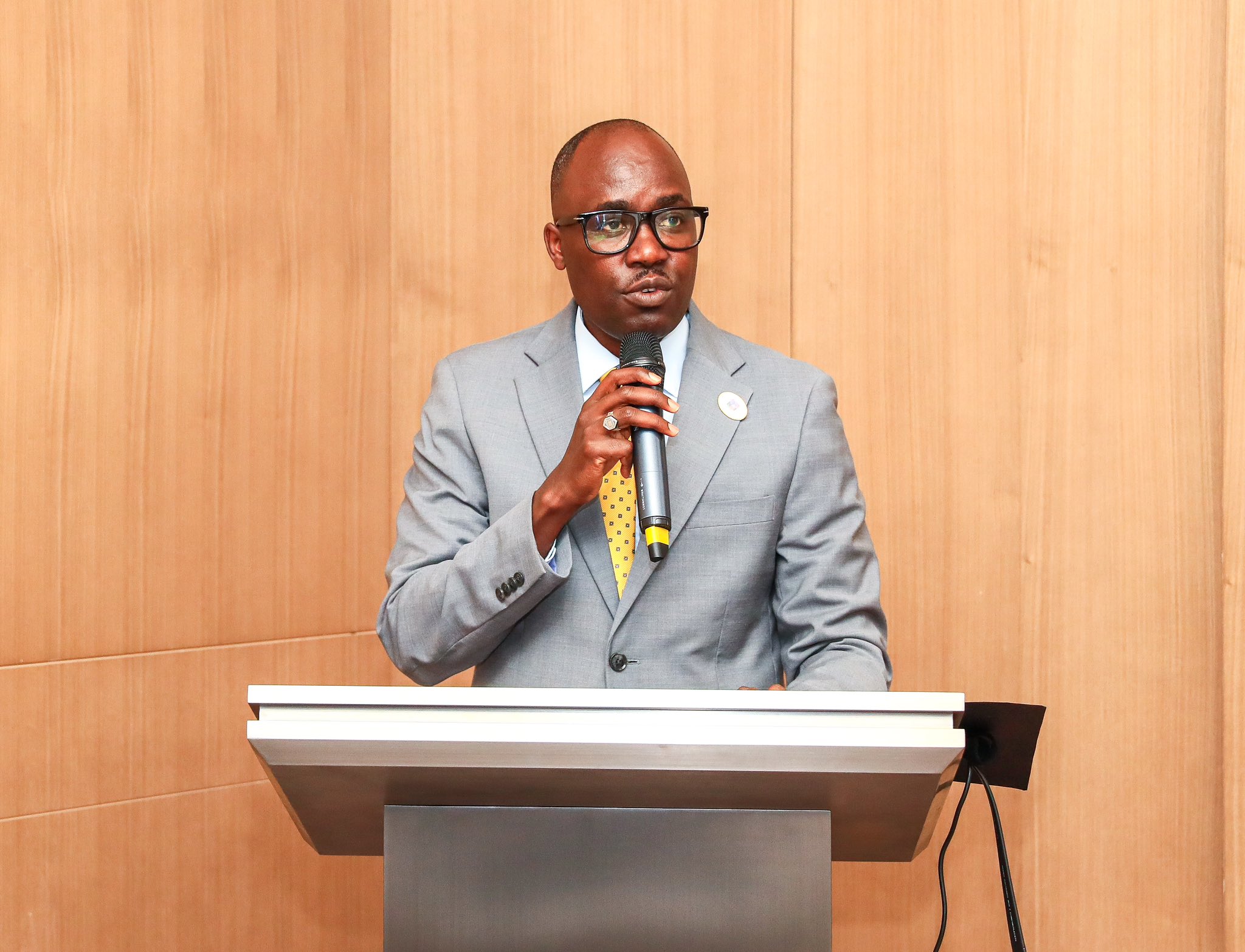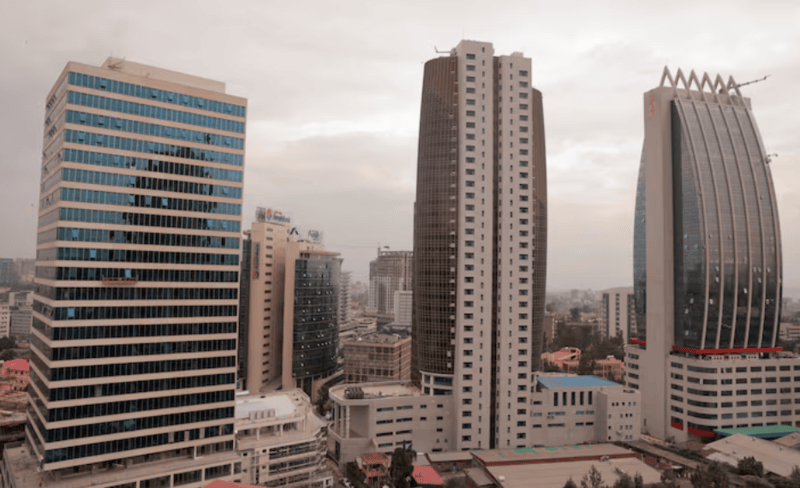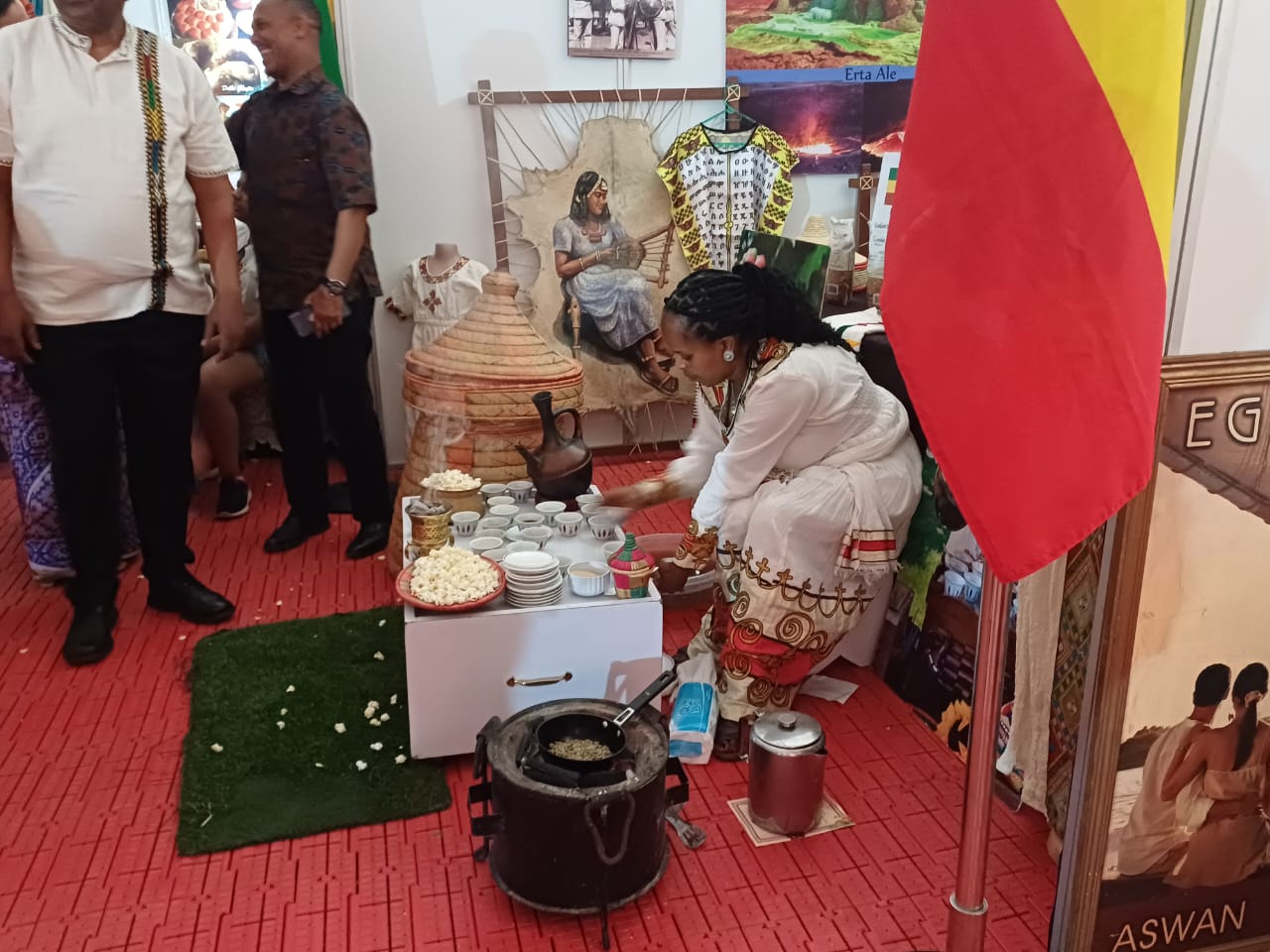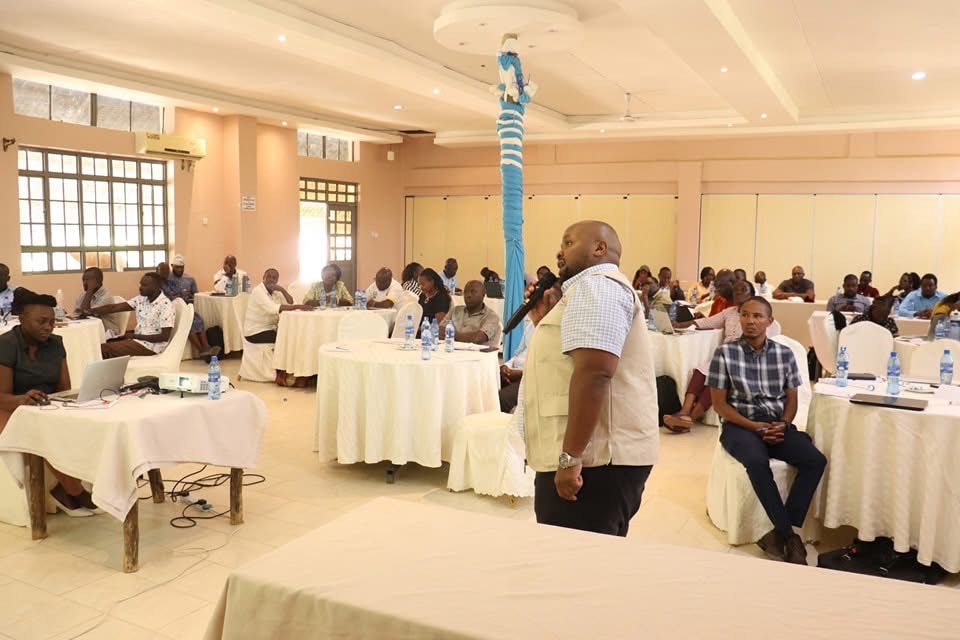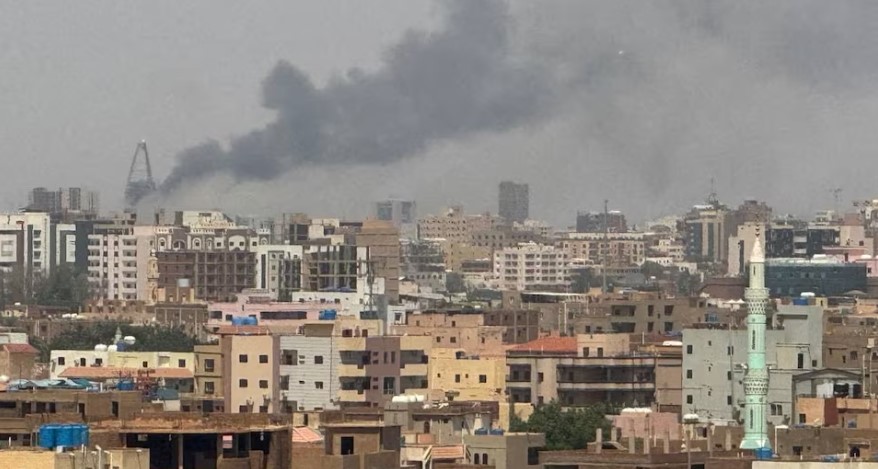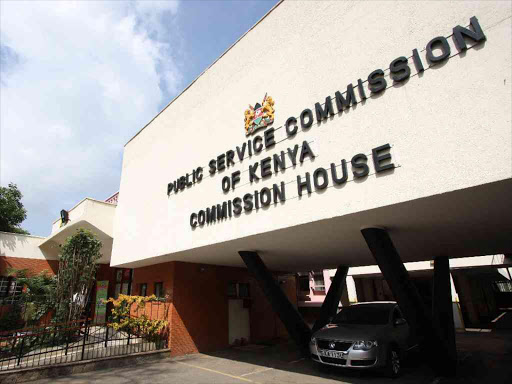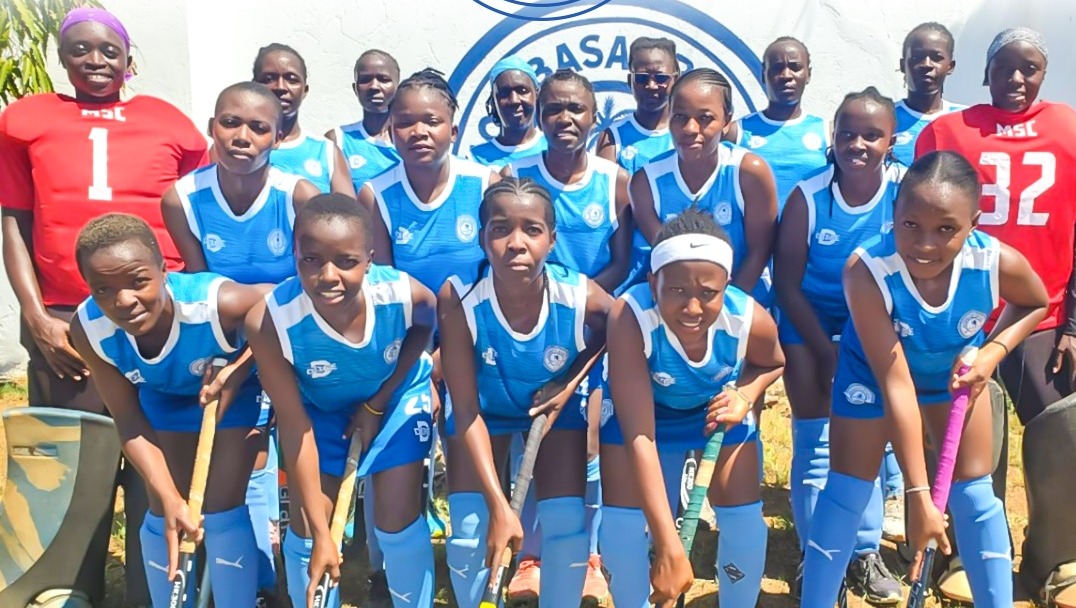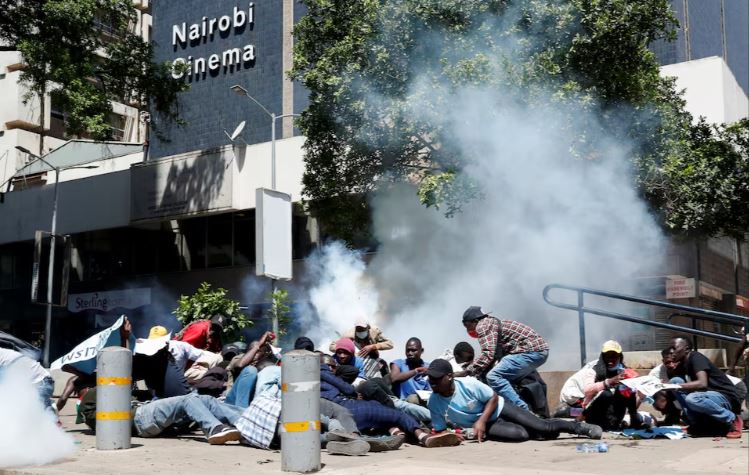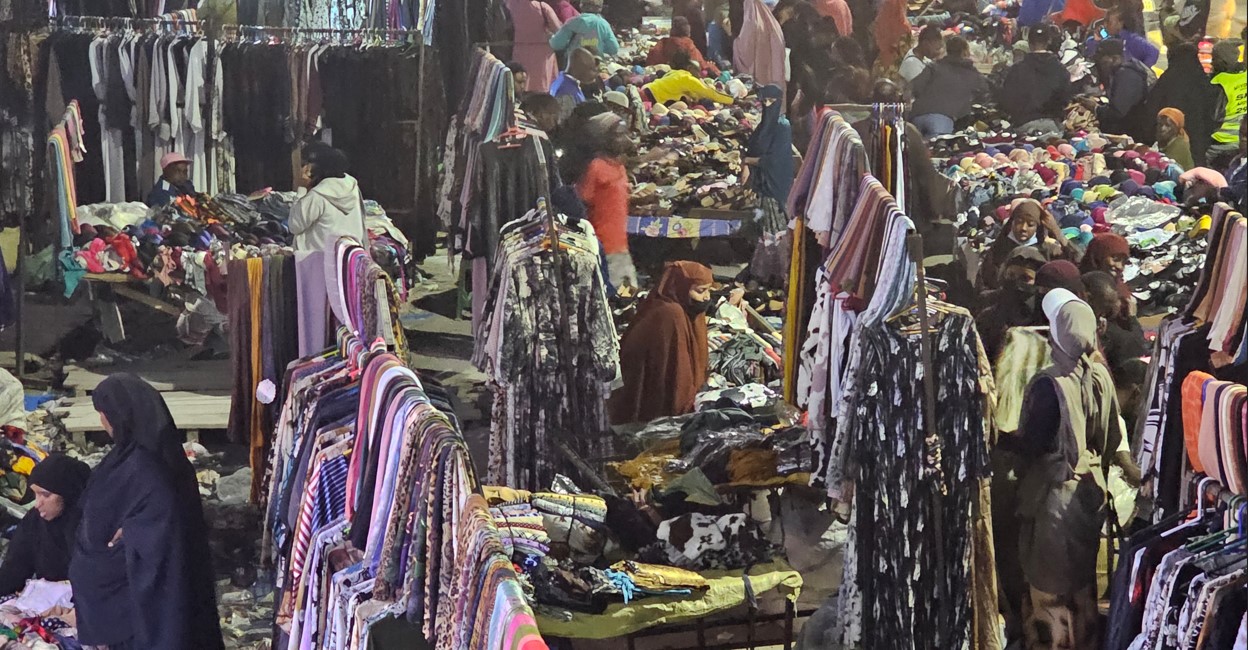UN Security Council mulls asking UN to plan for Haiti peacekeepers
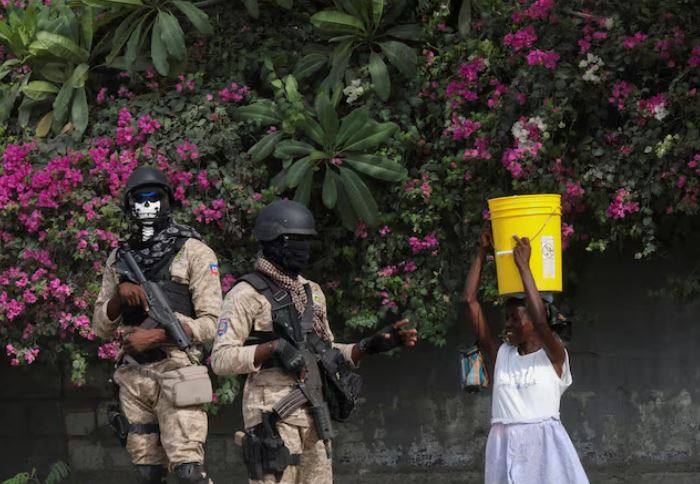
Kenya stepped up and around 400 police officers arrived in Port-au-Prince in June and July from an expected total of 1,000.
The United Nations Security Council began considering on Friday a draft resolution to extend the mandate for an international security mission helping Haiti fight armed gangs and ask the U.N. to plan for it to become a formal peacekeeping mission.
The mandate of the Multinational Security Support (MSS)mission - first approved by the council for 12 months - is set to expire at the start of October, but has seen few results, with few troops on the ground and far less funding than hoped.
More To Read
The United States and Ecuador circulated a draft text - seen by Reuters - that would renew the mandate for another 12 months and ask "the U.N. to begin planning to transition the MSS mission to a U.N. peacekeeping operation, in order to sustain the gains made by the MSS mission."
The 15-member council is due to vote on September 30 on the mandate renewal.
The council would have to eventually vote on a separate resolution if they want to formally transition the mission into a formal U.N. peacekeeping operation in Haiti. Such a move would ensure funding for the mission.
Resolutions need at least nine votes in favour and no vetoes by Russia, China, the United States, France or Britain to pass. China and Russia abstained from the vote last year to mandate the mission, wary of approving the blanket use of force.
The council's initial approval of the mission came a year after the Caribbean country asked for help to fight violent gangs that have largely overrun its capital Port-au-Prince. The response to Haiti's request was delayed due to a struggle to find a country willing to lead a security assistance mission.
Kenya stepped up and around 400 police officers arrived in Port-au-Prince in June and July from an expected total of 1,000.
A handful of other countries have together pledged at least 1,900 more troops and hundreds of millions of dollars in support. So far $68 million has been paid into a dedicated U.N. trust fund for the mission.
Nearly 580,000 people have been internally displaced by the conflict, hundreds of thousands who fled the country have been deported back to Haiti, and close to 5 million people are facing severe hunger.
U.N. peacekeepers were deployed to Haiti in 2004 after a rebellion led to the ouster and exile of then-President Jean-Bertrand Aristide. Peacekeeping troops left in 2017 and were replaced by U.N. police, who left in 2019.
Many Haitians are wary of an armed U.N. presence. The Caribbean country was free of cholera until 2010 when U.N. peacekeepers dumped infected sewage into a river. More than 9,000 people died of the disease, and some 800,000 fell ill.
Top Stories Today

